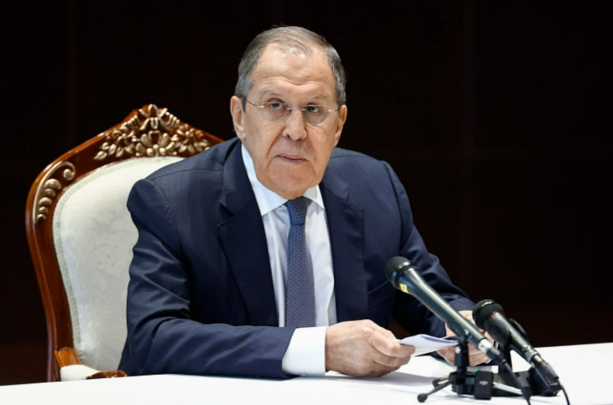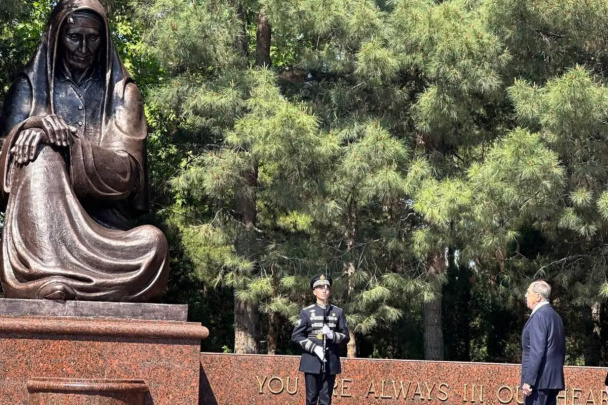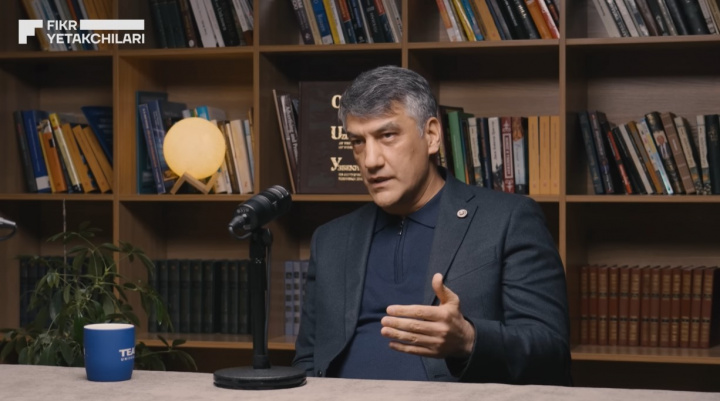Alisher Kadirov: Promoting Soviet nostalgia in schools poses a national threat
Alisher Kadirov, leader of the Milliy Tiklanish (National Revival) party, has commented on the recent incident involving the dismissal of a teacher at a Tashkent school over events related to May 9.

Photo: Milliy Tiklanish
Reports circulated online that a school principal in Tashkent’s Chilanzar district dismissed a teacher because her students wanted to perform the Soviet-era songs Katyusha and Smuglyanka in honor of the Day of Remembrance and Honor. It was also reported that the school did not hold any official events marking the occasion.
According to the teacher, who spoke to the outlet ‘Ostorozhno, Novosti’, the dismissal was triggered by one of her students coming to school dressed in a Soviet soldier’s uniform.
Tashkent’s Department of Preschool and School Education later clarified that on May 8, the teacher had tried to hold an event during class time without informing the school administration. The lesson in question was scheduled for mathematics.
"The school administration, upon learning of the situation, reminded the teacher that organizing such events during instructional hours is unacceptable. It was explained that events of this nature must be held after school hours, and that failure to follow this policy would require the teacher to submit a resignation letter,” the department said in a statement.
They also noted that a spiritual and educational event involving students and dedicated to the Day of Remembrance and Honor was already held at the school on May 7.
The response from the Department of Preschool and School Education has drawn criticism for its complacency. Rather than condemning events that could undermine national identity or threaten societal unity, they merely instructed that such gatherings not be held during class hours. Activists found this deeply troubling — not only for its tone but for what it implied: a tacit acceptance of ideologically charged narratives from the Soviet era, so long as they do not interfere with the school schedule.
The incident drew a sharp response from Milliy Tiklanish party leader Alisher Kadirov.
“Instilling nostalgia for the Soviet era — a time when our national identity was suppressed — into the minds of children in kindergartens and schools, and fostering affection for imperial symbols responsible for the destruction of our ancestors, must be regarded as a national threat,” he wrote on his Telegram channel.
Kadirov stressed that schools and preschools in Uzbekistan should focus on educating children based on national and universal values, fostering love and loyalty to their identity, rather than serving as platforms for external propaganda.
“We are a people who shared their bread, but those giving hands chopped off. We must not allow our goodwill to be abused,” he added. “We are planning to send an inquiry to the Ministry of Foreign Affairs regarding an analysis of Rossotrudnichestvo’s activities.”
Related News

15:43 / 24.04.2025
Russia’s Lavrov intervenes in Central Asia–EU ties, criticizes Western engagement while defending Moscow’s influence

22:30 / 23.04.2025
Lavrov’s diplomatic blunder in Samarkand met with bold public response

16:24 / 08.04.2025
Why speak Russian in Uzbekistan — and not Uzbek? Tashkent café incident reignites debate on language use in public service

07:34 / 24.03.2025



